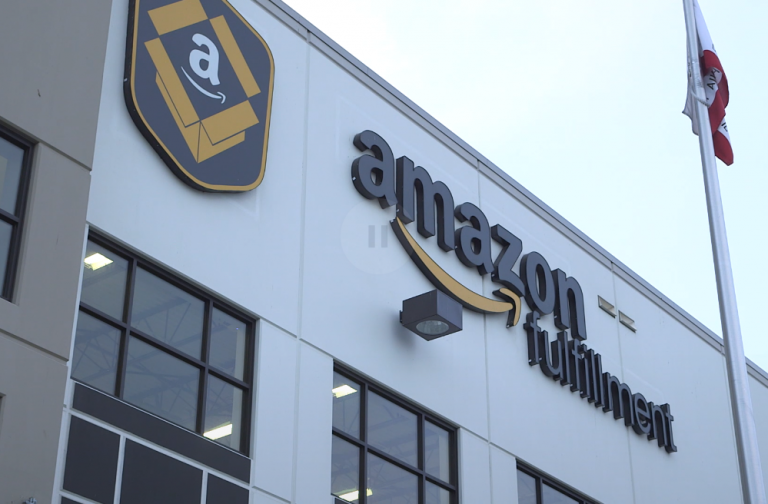 INFRA
INFRA
 INFRA
INFRA
 INFRA
INFRA
Amazon.com Inc. has reportedly set its sights on the telecommunications sector.
Two anonymous sources quoted by Reuters today said that the online retail giant is looking to acquire Boost Mobile, a division of Sprint Corp. that provides prepaid wireless plans. Financial research firm Cowen Inc. estimates the unit has 7 million to 8 million subscribers.
Sprint is selling the business as part of its pending $26 billion merger with T-Mobile USA Inc., which was approved by the Federal Communications Commission with the condition that the company divest Boost Mobile. The measure is meant to mitigate any negative effects that the deal could have on the telecommunications landscape.
Specifically, regulators fear that reducing the number of major wireless providers in the U.S. from four to three could reduce competition and raise prices. The Justice Department, which also needs to sign off on the merger, reportedly plans to demand additional concessions from T-Mobile and Sprint to stave off off that risk. The companies are said to be weighing the sale of some of their wireless spectrum to win regulators’ favors.
Reuters reported that Amazon would be interested in buying any airwave rights the carriers put up for grabs. Cowen estimates that Boost Mobile could be sold for $4.5 billion if the deal were to include wireless spectrum, while a recent leak indicated that the business would be worth as much as $3 billion on its own. The price may be driven up further if a Thursday report about other potential bidders is accurate.
On top of everything else, Reuters’ sources said buying Boost Mobile would give Amazon access to T-Mobile’s wireless infrastructure for at least six years. But even with all the information that has come out so far, it’s still unclear exactly what Amazon would do with the business if it were to buy it.
From a strategic standpoint, an acquisition might align with the company’s recent efforts to take more control of its supply chain. On the e-commerce front, Amazon has been aggressively expanding its logistics infrastructure in a bid to become less reliant on shipping partners. Having its own wireless provider would allow the company to independently meet the networking requirements of the drones, delivery robots and other internet-connected devices that increasingly feature in its long-term plans.
Amazon wouldn’t be the first major tech firm to enter the telecommunications market. Google LLC has its Fi wireless service, which runs on the infrastructure of established providers, while Facebook Inc. is spearheading an initiative to develop more affordable carrier equipment.
THANK YOU